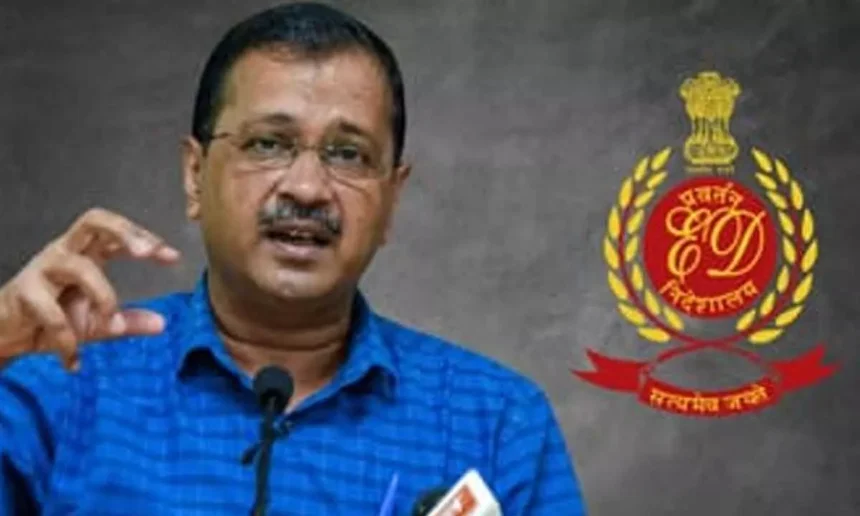Arvind Kejriwal, Delhi’s Chief Minister and the Aam Aadmi Party (AAP) leader, has once more evaded a summons issued by the Enforcement Directorate (ED) for the seventh time in a row. Kejriwal’s repeated absence from the ED’s summons has sparked controversy and raised questions about his compliance with legal proceedings and accountability as an elected official.
The latest instance of Kejriwal’s failure to appear before the ED comes amidst an ongoing investigation into allegations of money laundering and financial irregularities against him and members of his party. The ED had summoned Kejriwal to appear before its officials for questioning regarding his alleged involvement in these matters. However, Kejriwal has consistently ignored the summons, citing various reasons for his absence.
Kejriwal’s repeated defiance of the ED’s summons has drawn criticism from political opponents and legal experts alike, who argue that as a public servant, he should be held accountable for his actions and cooperate with the authorities in their investigations. Some have accused Kejriwal of attempting to evade scrutiny and obstruct the course of justice by refusing to participate in the inquiry process.
The AAP leadership, however, has defended Kejriwal’s actions, claiming that the summons issued by the ED are politically motivated and part of a larger conspiracy to discredit the party and its leaders. They argue that Kejriwal has nothing to hide and is willing to cooperate with any legitimate investigation, but he cannot be compelled to participate in proceedings that are designed to harass and intimidate him.
The standoff between Kejriwal and the ED highlights the broader issue of political accountability and transparency in India’s democratic system. Elected officials, including Chief Ministers, are expected to uphold the highest standards of integrity and accountability in their conduct, both in office and in their personal affairs. When allegations of wrongdoing or impropriety arise, they must cooperate fully with law enforcement agencies and judicial authorities to ensure that the truth is uncovered and justice is served.
Kejriwal’s repeated absences from the ED’s summons also raise questions about the effectiveness of India’s legal system in holding public officials accountable for their actions. While the law provides mechanisms for investigating and prosecuting allegations of corruption and malfeasance, the prolonged and often convoluted nature of legal proceedings can sometimes result in delays and loopholes that allow individuals to evade accountability.
The situation also underscores the need for reforms to streamline and expedite the legal process, particularly in cases involving public officials and allegations of corruption. By strengthening investigative agencies, improving coordination between law enforcement agencies and judicial authorities, and enhancing transparency and accountability in the legal system, India can ensure that justice is not only done but is also seen to be done.
Regarding Arvind Kejriwal’s case, it is now up to the ED and other pertinent authorities to decide the suitable steps to take given his repeated non-appearance for the summons. Whether Kejriwal will face legal consequences for his actions remains to be seen, but one thing is clear: his continued defiance of the ED’s summons raises serious questions about his commitment to accountability and the rule of law. As a public servant, Kejriwal must uphold the principles of transparency and integrity that are essential to the functioning of India’s democracy, and his actions will be closely scrutinized by both his supporters and his critics in the days and weeks to come.




